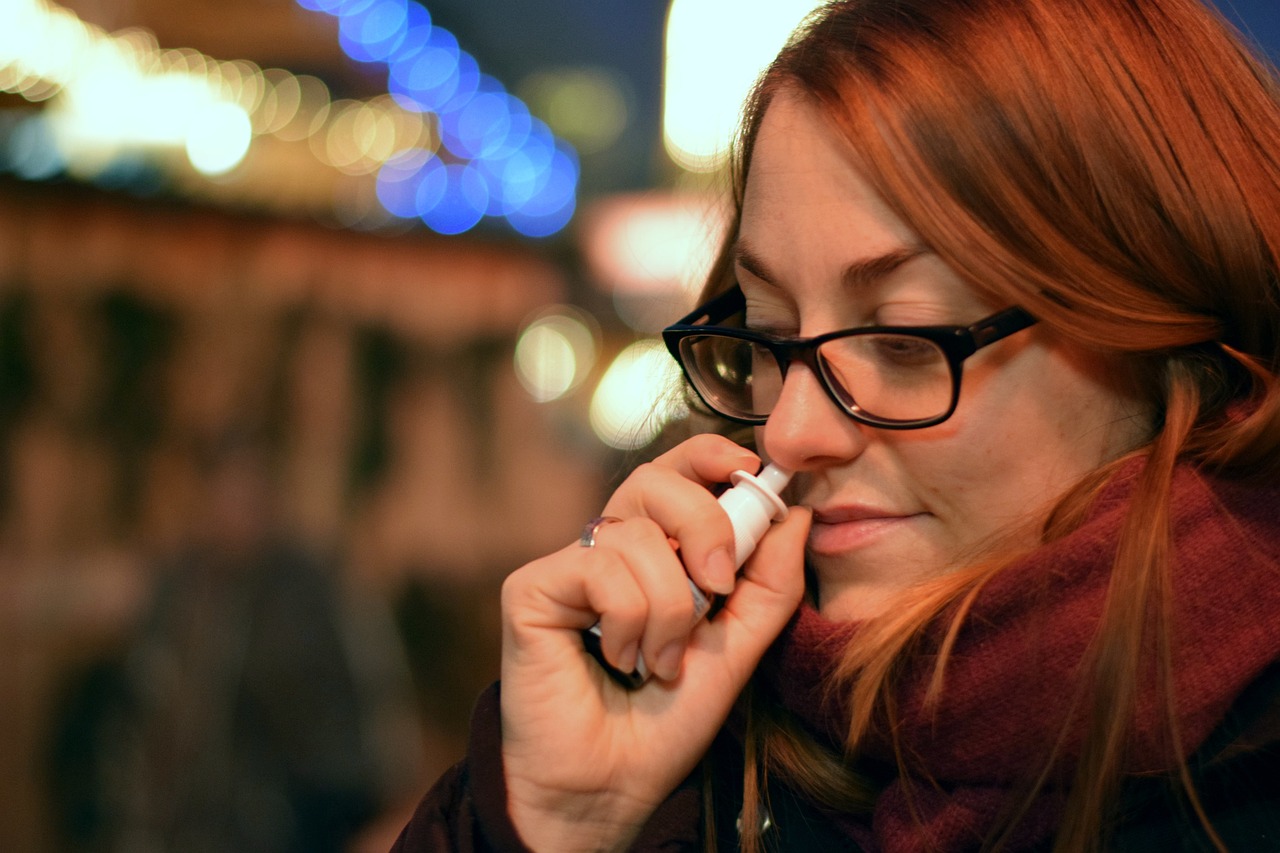Comprehensive guide to preventing and managing cold and flu symptoms, including treatment options and when to seek medical care.
Understanding Cold and Flu
The common cold and influenza (flu) are both respiratory illnesses caused by viruses, but they differ in severity and symptoms. Understanding the differences can help you take appropriate action and prevent complications.
Key Facts About Cold and Flu
- Cold symptoms are usually milder than flu
- Flu can lead to serious complications
- Both are highly contagious
- Prevention is the best strategy
Differences Between Cold and Flu
Common Cold
- Gradual onset of symptoms
- Mild to moderate symptoms
- Rarely causes fever
- Usually lasts 7-10 days
- Rarely leads to serious complications
Influenza (Flu)
- Sudden onset of symptoms
- Severe symptoms
- High fever (100-102°F or higher)
- Can last 1-2 weeks
- Can lead to serious complications
Symptoms Comparison
Cold Symptoms
- Runny or stuffy nose
- Sneezing
- Sore throat
- Cough
- Mild headache
- Mild body aches
- Low-grade fever (rare)
Flu Symptoms
- High fever (100-102°F or higher)
- Severe headache
- Muscle aches and pains
- Extreme fatigue
- Dry cough
- Sore throat
- Runny or stuffy nose
- Nausea and vomiting (more common in children)
Causes and Transmission
Common Cold
- Rhinoviruses (most common)
- Coronaviruses
- Adenoviruses
- Respiratory syncytial virus (RSV)
Influenza
- Influenza A viruses
- Influenza B viruses
- Influenza C viruses (milder)
- Constantly changing viruses
How They Spread
- Respiratory droplets from coughs and sneezes
- Direct contact with infected person
- Contact with contaminated surfaces
- Airborne transmission
Prevention Strategies
Vaccination
- Annual flu vaccine (recommended for everyone 6 months and older)
- Best protection against flu
- Reduces severity if you do get sick
- Protects others around you
- No vaccine available for common cold
Hygiene Practices
- Wash hands frequently with soap and water
- Use hand sanitizer when soap unavailable
- Avoid touching face, eyes, nose, and mouth
- Cover coughs and sneezes
- Dispose of tissues properly
Lifestyle Modifications
- Get adequate sleep (7-9 hours)
- Eat a balanced diet
- Exercise regularly
- Manage stress
- Stay hydrated
- Avoid close contact with sick people
Environmental Measures
- Clean and disinfect frequently touched surfaces
- Improve indoor air quality
- Use humidifiers to maintain moisture
- Ensure proper ventilation
- Stay home when sick
Treatment Options
Home Remedies
- Rest and sleep
- Stay hydrated
- Use saline nasal sprays
- Gargle with salt water
- Use humidifiers or steam
- Eat chicken soup
- Apply warm compresses
Over-the-Counter Medications
- Pain relievers (acetaminophen, ibuprofen)
- Decongestants
- Antihistamines
- Cough suppressants
- Expectorants
- Throat lozenges
Prescription Medications
- Antiviral drugs for flu (Tamiflu, Relenza)
- Antibiotics (only for bacterial complications)
- Prescription cough medications
- Steroid nasal sprays
When to Seek Medical Care
Seek Immediate Care If You Have:
- Difficulty breathing or shortness of breath
- Persistent chest pain or pressure
- Sudden dizziness or confusion
- Severe vomiting
- High fever that doesn't respond to medication
- Bluish lips or face
Contact Your Doctor If You Have:
- Symptoms lasting more than 10 days
- Worsening symptoms
- High fever (over 100.4°F)
- Severe headache or body aches
- Signs of dehydration
- Underlying health conditions
Complications and Risk Factors
Cold Complications
- Sinus infections
- Ear infections
- Bronchitis
- Pneumonia (rare)
Flu Complications
- Pneumonia
- Bronchitis
- Sinus infections
- Ear infections
- Myocarditis (heart inflammation)
- Encephalitis (brain inflammation)
- Multi-organ failure
High-Risk Groups
- Children under 5 years
- Adults over 65 years
- Pregnant women
- People with chronic health conditions
- Immunocompromised individuals
- Healthcare workers
Recovery and Returning to Normal Activities
Recovery Timeline
- Cold: 7-10 days
- Flu: 1-2 weeks
- Fatigue may persist longer
- Gradual return to activities
When to Return to Work/School
- Fever-free for 24 hours (without medication)
- Symptoms improving
- No longer contagious
- Feeling well enough to participate
Special Considerations
Children
- More susceptible to complications
- May need different medications
- Watch for signs of dehydration
- Seek medical care if symptoms worsen
Elderly
- Higher risk of complications
- May have atypical symptoms
- Need close monitoring
- Consider antiviral treatment
Pregnant Women
- Higher risk of complications
- Flu vaccine recommended
- Some medications may be unsafe
- Seek medical care promptly
Building Immunity
Natural Immune Boosters
- Vitamin C (citrus fruits, berries)
- Vitamin D (sunlight, supplements)
- Zinc (meat, nuts, seeds)
- Probiotics (yogurt, fermented foods)
- Garlic and ginger
- Green tea
Lifestyle Factors
- Regular exercise
- Adequate sleep
- Stress management
- Healthy diet
- Maintaining healthy weight
- Avoiding smoking and excessive alcohol
Emergency Warning Signs
Seek emergency medical care if you experience:
- Difficulty breathing or shortness of breath
- Persistent chest pain or pressure
- Sudden dizziness or confusion
- Severe vomiting
- High fever that doesn't respond to medication
Research and Advances
Ongoing research is exploring:
- Universal flu vaccines
- New antiviral medications
- Immune system modulators
- Prevention strategies
- Treatment protocols
Conclusion
Cold and flu are common respiratory illnesses that can significantly impact your daily life. While both are caused by viruses, they differ in severity and treatment approaches. Prevention through vaccination, good hygiene, and healthy lifestyle choices is the most effective strategy.
If you do get sick, rest, stay hydrated, and use appropriate treatments to manage symptoms. Most people recover from cold and flu without complications, but it's important to know when to seek medical care, especially if you're in a high-risk group.
Remember that staying healthy year-round through good nutrition, regular exercise, adequate sleep, and stress management can help strengthen your immune system and reduce your risk of getting sick in the first place.
